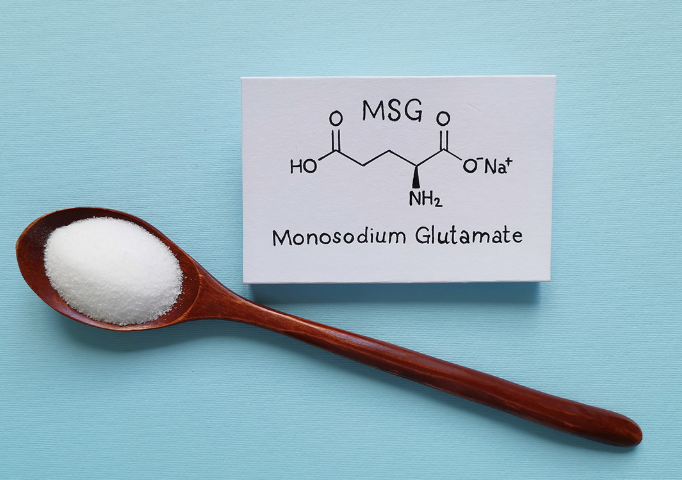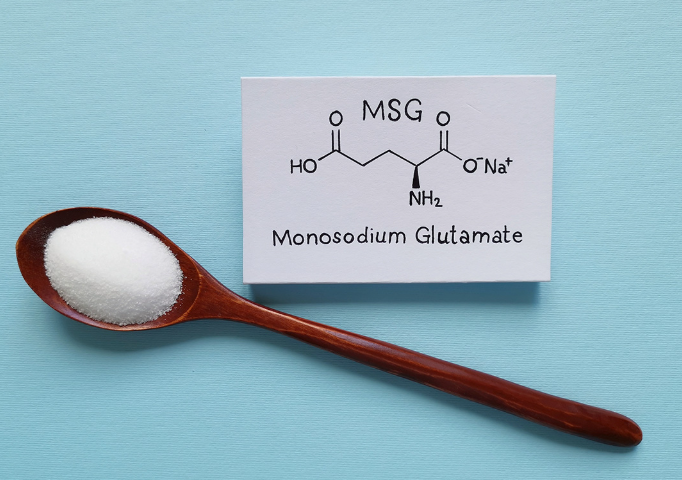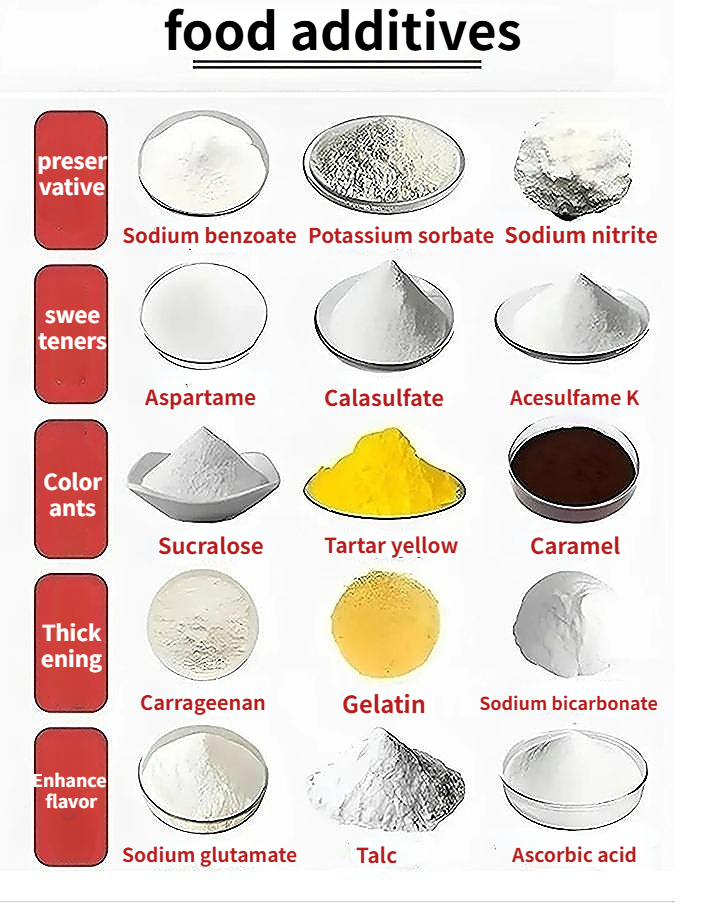
At AI Biological, we believe in empowering consumers and food manufacturers with accurate, science-backed information. Monosodium glutamate (MSG) has been at the center of health debates for decades, often labeled as “unhealthy” or “harmful.” But is this reputation justified? Let’s explore the origins of MSG’s stigma, what modern research says, and why this ingredient remains a staple in global cuisine.
- What Is MSG?
MSG, or monosodium glutamate, is a sodium salt of glutamic acid, a naturally occurring amino acid found in foods like tomatoes, cheese, mushrooms, and human breast milk. It was first isolated in 1908 by Japanese scientist Kikunae Ikeda, who identified its unique ability to enhance savory “umami” flavors. Today, MSG is widely used to deepen taste profiles in soups, snacks, processed meats, and restaurant dishes. - The Origins of the “Unhealthy” Myth
MSG’s controversial reputation stems largely from a 1968 letter to The New England Journal of Medicine, where a doctor described symptoms like headaches and numbness after eating Chinese food, dubbing it “Chinese Restaurant Syndrome.” Though the letter was anecdotal and not scientifically rigorous, it sparked widespread fear.
Key factors fueled the myth:
Cultural Bias: Associating MSG with “foreign” cuisine amplified distrust.
Misinterpreted Studies: Early animal studies used extremely high doses irrelevant to human consumption.
Placebo Effect: Expecting symptoms can psychologically trigger them. - What Does Modern Science Say?
Decades of rigorous research have debunked most health concerns. Here’s what authoritative bodies conclude:
FDA: Classifies MSG as “Generally Recognized as Safe (GRAS)”, stating no evidence links it to serious health risks when consumed normally.
WHO/FAO: Sets an “acceptable daily intake not specified” due to its safety profile.
European Food Safety Authority (EFSA): Confirms MSG is safely metabolized and poses no risk to most people.
Common Myths vs. Facts:
Myth: MSG causes migraines.
Fact: Double-blind studies show no consistent link between MSG and headaches.
Myth: MSG is “toxic.”
Fact: Glutamate from MSG is indistinguishable from natural sources and is processed normally by the body.
Myth: MSG triggers asthma.
Fact: No conclusive evidence supports this claim in controlled trials. - Why Does the Stigma Persist?
Despite scientific consensus, misconceptions endure due to:
Misleading Labels: “No MSG” marketing implies other products are unsafe.
Confirmation Bias: People who expect symptoms may blame MSG for unrelated issues.
Sensitivity in Rare Cases: A tiny subset (<1% of the population) may experience mild, short-term reactions (e.g., flushing), similar to sensitivities to coffee or spices. - The Benefits of MSG
When used responsibly, MSG offers advantages:
Reduces Sodium: Enhances flavor with less salt, supporting heart health.
Improves Palatability: Makes nutritious but bland foods (e.g., vegetables) more appealing.
Cost-Effective: Allows manufacturers to optimize recipes without expensive ingredients.




